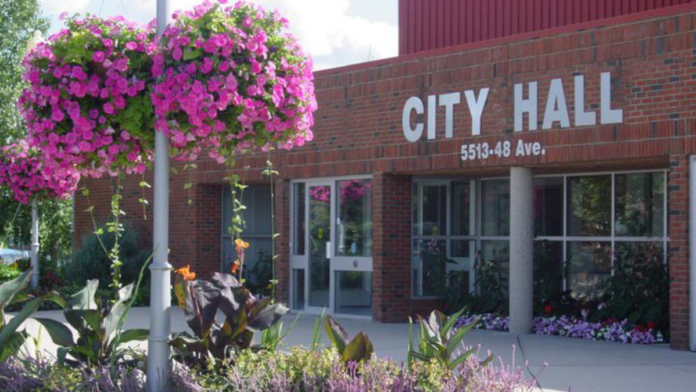The city of Cold Lake council welcomed MLA Scott Cyr to their August 13 regular meeting to discuss the municipality’s concerns regarding bill 20 – the Municipal Affairs Statutes Amendment Act 2024. This meeting was a follow-up to earlier discussions in May, where the council had raised concerns and requested a face-to-face meeting with Cyr.
Cyr, who represents the Bonnyville-Cold Lake-St. Paul, constituency, began by explaining the background of Bill 20. He noted that the bill was introduced during the spring session and emphasized his proactive approach in addressing local concerns, stating that he had immediately sent a letter to Mayor Craig Copeland and the CAO to discuss any issues the municipality might have.
One of the main concerns highlighted was the bill’s broad scope, particularly the provision allowing the provincial government to remove councilors. Cyr acknowledged that the original wording of the bill was overly broad but assured the council that Municipal Affairs Minister Ric McIver had responded to these concerns by narrowing the language. He emphasized that while the government has always had the power to remove councilors, this previously required a lengthy court process. “The minister has said that he’s not going to use these powers,” Cyr explained, stressing that this authority would be exercised sparingly and only in situations where it was truly necessary.
Mayor Copeland voiced his concerns about the potential impact of Bill 20 on the election process, particularly the shift from machine-tabulated counts to hand-counted ballots. He pointed out that this change might not significantly affect smaller municipalities but could present considerable challenges in larger cities. “I think it’ll be interesting, the cost versus the machines, versus trying to find people to run the election for us,” Copeland remarked, highlighting the potential difficulties in managing elections under the new rules.
Cyr responded by acknowledging the importance of maintaining public confidence in elections, suggesting that re-evaluating the use of tabulators could help restore trust. He emphasized that ensuring every election had the confidence of the public was a priority.
Councilor Ryan Bailey also raised concerns about the reliability of tabulation technology. He argued that instead of giving in to pressures from those who had lost confidence in the machines, the government could have presented scientific evidence to demonstrate that the tabulators were reliable and simply performed the task of counting votes. He noted that historically, there had been no significant issues with these machines in Cold Lake.
Cyr added that the debate over election processes had been influenced by events in the United States but reiterated that the ultimate goal was to maintain and restore public confidence in Alberta’s electoral system. He reassured the council that their feedback had been taken seriously, and he had communicated their concerns to Minister McIver.
The discussion concluded with Mayor Copeland acknowledging the challenges ahead and committing to monitor the 2025 election closely. “We will monitor the election in 2025 and see what the cost variance is, and how many more votes will come early in the game,” Copeland stated, emphasizing the need for careful observation of the new measures introduced by Bill 20.




